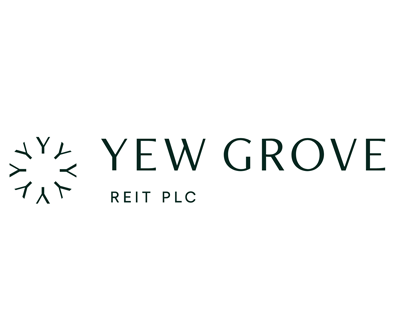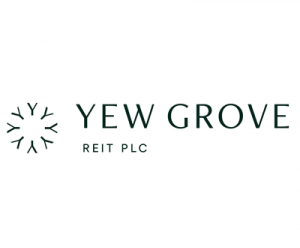Ireland’s Taoiseach, Leo Varadkar, announced Ireland’s plan for a phased exit from the Covid-19 lockdown. On 18th May the first of five phases begins with an easing of personal travel restrictions and a return of outdoor working such as construction, with an expected general return to work coinciding with the beginning of the new school year after the summer holidays.
Despite the slowdown in commercial real estate investment activity triggered by the pandemic, there have been transactions over the past two weeks: most noticeably the purchase by Corum, a French asset management company, of a south Dublin office (€18 million) adding to its portfolio of offices and grocery assets which spans Dublin, Cork, Galway, Wexford and Belfast. Henley Bartra sold a Dublin 8 office to a private investor at a price of €16 million and a yield of 5.75%, and the Irish Times[1] reports that Amundi is closing on the €170 million acquisition of a completed Dublin 2 office development pre-let to the US software company, Slack.
The markets will take time to recover but supply demand fundamentals indicate that we could face a busy last quarter in 2020 as the ability to physically view properties and re-establish business plans allows space constrained tenants to make up for lost time and investors and sellers to re-engage on transactions. The underlying health of the market looks strong with historically low vacancy rates and continued demand for quality space meaning that despite the economic shock produced by the crisis, the office and industrial markets should not suffer from overcapacity.
However, until markets begin to normalise Yew Grove REIT’s focus will be on fundamentals. To quote Marie Hunt (CBRE’s Chief Economist) the effect of the COVID-19 pandemic has been to reduce transactional volumes which poses challenges for pricing, but “against this backdrop the quality of underlying income, the sustainability of cashflow and the availability and price of debt become increasingly pertinent.”[2] We believe that our second quarter rent collections will be amongst the best of UK and Irish REITS and remain confident in that rent roll for the rest of the year. Our tenants are largely comprised of Government and large multi-national tenants, most of whom are well capitalised and many of whom are in sectors that are better insulated from the effects of the crisis.
That does not mean that all of our tenants are unaffected. We are working with some whose businesses have suffered temporary closure or severe reductions in profitability to try to mitigate the effect of the crisis. We also recognise the wider effect on the community and are making charitable donations both as a company and as individuals to two that focus on alleviating hardship and homelessness.[3]
Over the next few weeks, I will provide updates on our asset management activity, how we are improving the quality and value of our estate, how we are securing and improving our income and my views on the Irish property market.
[1] https://www.irishtimes.com/business/commercial-property/french-investor-closes-in-on-170m-purchase-of-fitzwilliam-28-1.4242950
[2] http://cbre.vo.llnwd.net/grgservices/secure/CBRE%20Ireland%20Bi-Monthly%20Research%20Report%20May%202020.pdf?e=1588757040&h=f8128f80035343d110c0bf5193bfc563
[3] St Vincent de Paul Society (www.svp.org.uk) and the Paul McVerry Trust (www.pmvtrust.ie)



